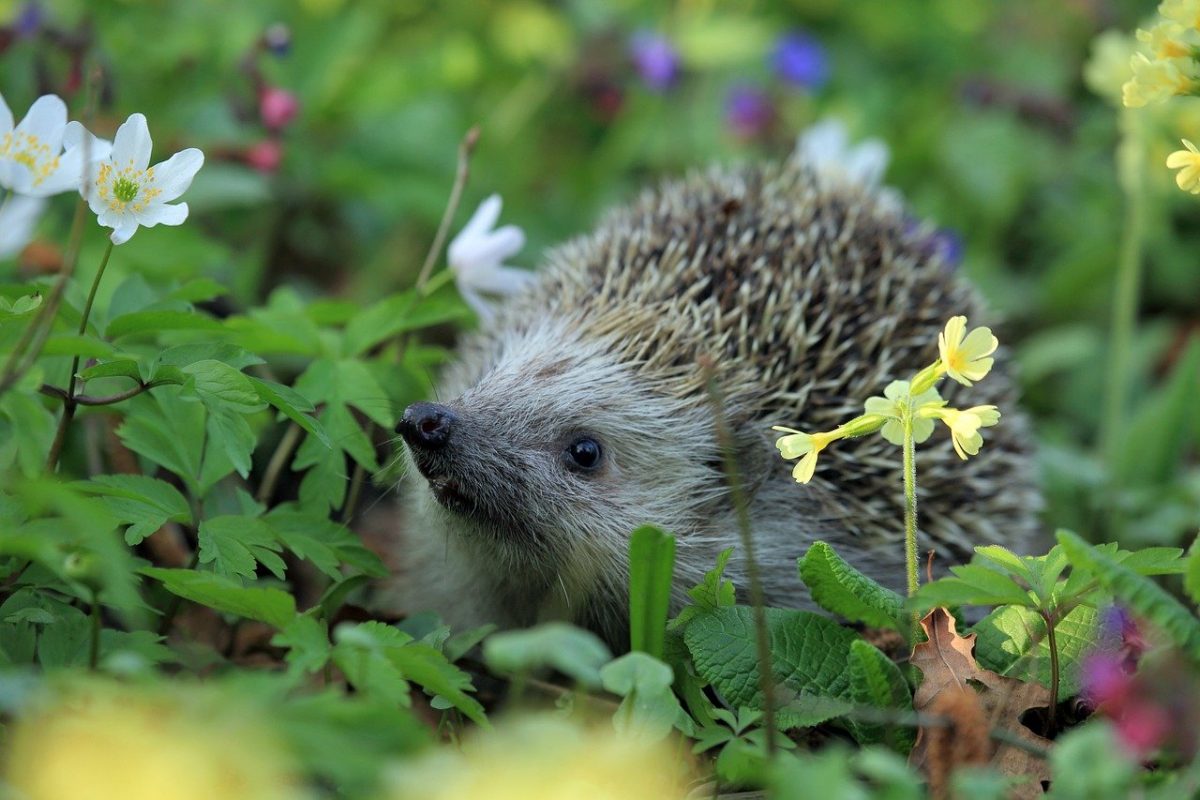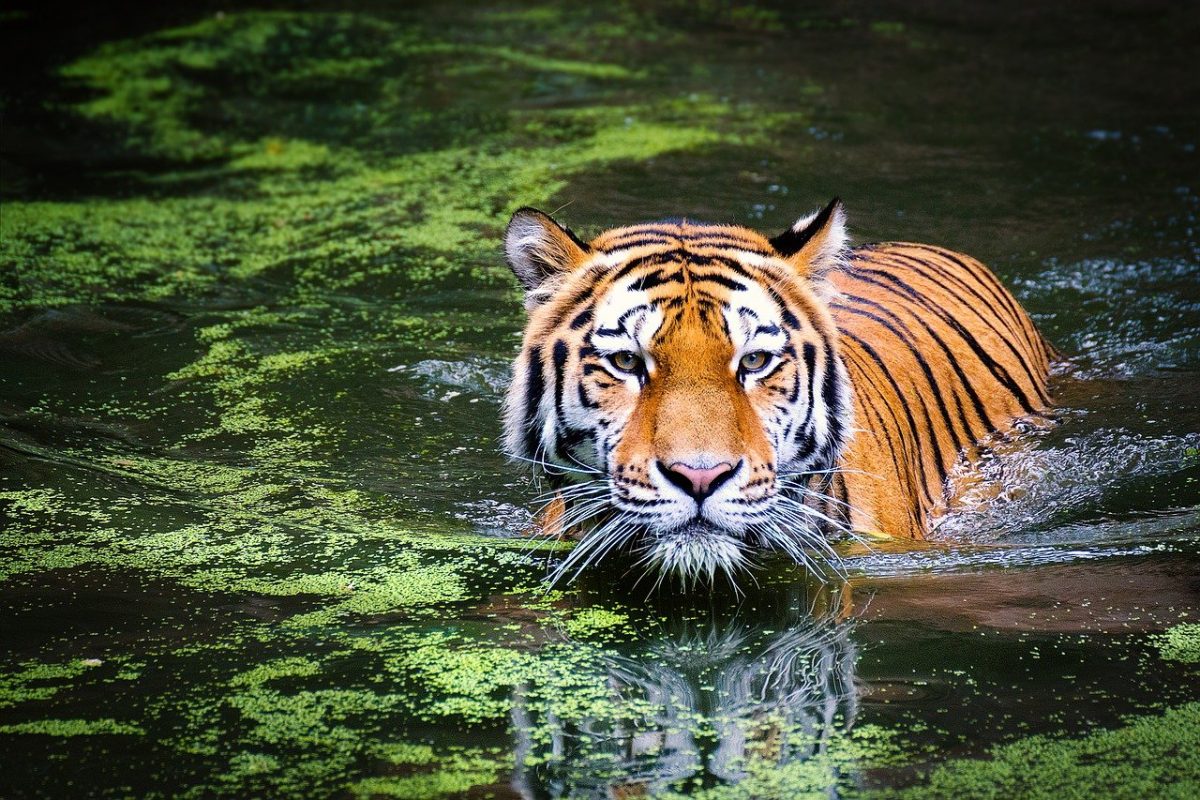
There are thousands of animals in the world categorized into infinity of species, and all, absolutely everyone has the right to be treated with respect, because they are living beings and they know how to feel the same as human beings.
All animals are born equal to us in life and that is why they have the same right to live, to have great freedom, to satisfy their basic and instinctive needs and to be respected within their habitat. All these rights were collected within the Universal Declaration of animal rights, approved by the UN.
Animal rights explained to children
The aim that children learn to catalog the rights of animals will mean recognizing one of the fundamental values in this life. Therefore they must learn to observe, understand their way of life, respect and love.
To this day there are still serious crimes that violate the existence and right to life of animals and that has led to an example for new generations and to the extinction of some of the species. In order to learn from the best rights, we have the following articles explained for the little ones:
- Article 1: All animals are born equal and have the same rights to exist.
- Article 2: The human being is also a species of animal, but we do not have to believe that we are superior and thereby abuse and violate the rights of other animals. Our greatness as a species has an obligation to care for them, care for them and protect them.
- Article 3: Animals don't have to die violently. If necessary, his death must be quick, painless and without anguish.
- Article 4: Every animal species has the right to live freely, in its air, aquatic or terrestrial space. As well as feeding and reproducing without taking away that right, not even for educational purposes.
- Article 5: Every animal has to live in total freedom, grow and develop at its own pace with all the species that surround it. Any modification in their rate of development, by man, is violating their rights.
- Article 6: If you have an animal as a companion, you have to respect the duration of its life since it is part of something natural. If the animal is abandoned it would be a cruel and degrading act.
- Article 7: Any animal has the right to live naturally. Without forcing him to any type of very forced labor and that he has a correct diet along with his rest hours.
- Article 8: Animals should not be used for medical, scientific or commercial experiments where the animal can be observed to be in physical or psychological distress.
- Article 9: If animals are raised for human consumption, they must be cared for, fed correctly and transported. If they have to sacrifice, it will be done without suffering pain or anxiety.
- Article 10: Animals should not be exploited for any kind of show, as they are incompatible with their dignity.
- Article 11: Killing an animal unnecessarily is creating biocide, that is, it would be causing a crime against the life of that living being.
- Article 12: To cause the death of a large number of wild animals is to create a genocide, that is, a crime against the species.
- Article 13: Scenes of animal violence should be avoided and should not be seen in movies as well as on television. It could only be classified as correct if its purpose is to show the attacks against animal rights.
- Article 14: Animal rights must be defended by law in the same way as human rights.
It is very important know each of these rights and make them known, so that children from an early age, learn something so fundamental. Many years ago it was believed that animals had no conscience or sensitivity and therefore were incapable of feeling emotions.
But this idea has changed a few years ago and already in 2009 the European Union created the Operation Treaty to recognize all these qualities and make it known that they are sentient beings. From here, Europe has already forced member states to create much more protection and welfare to the animals.


